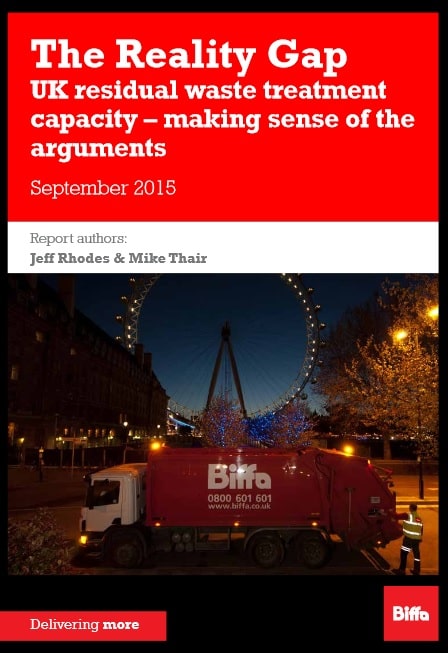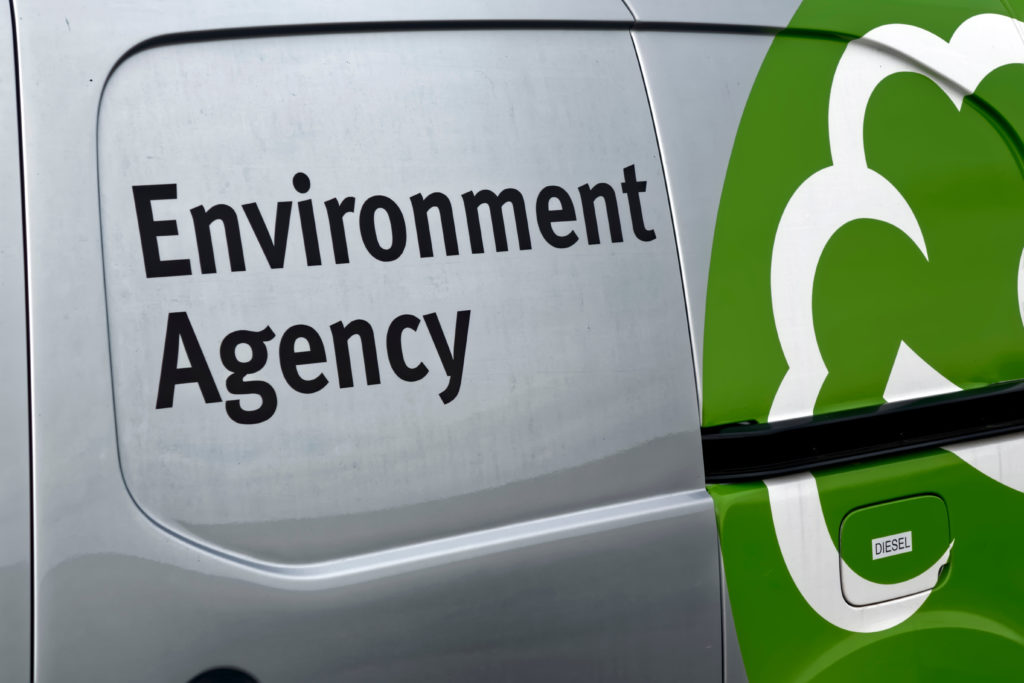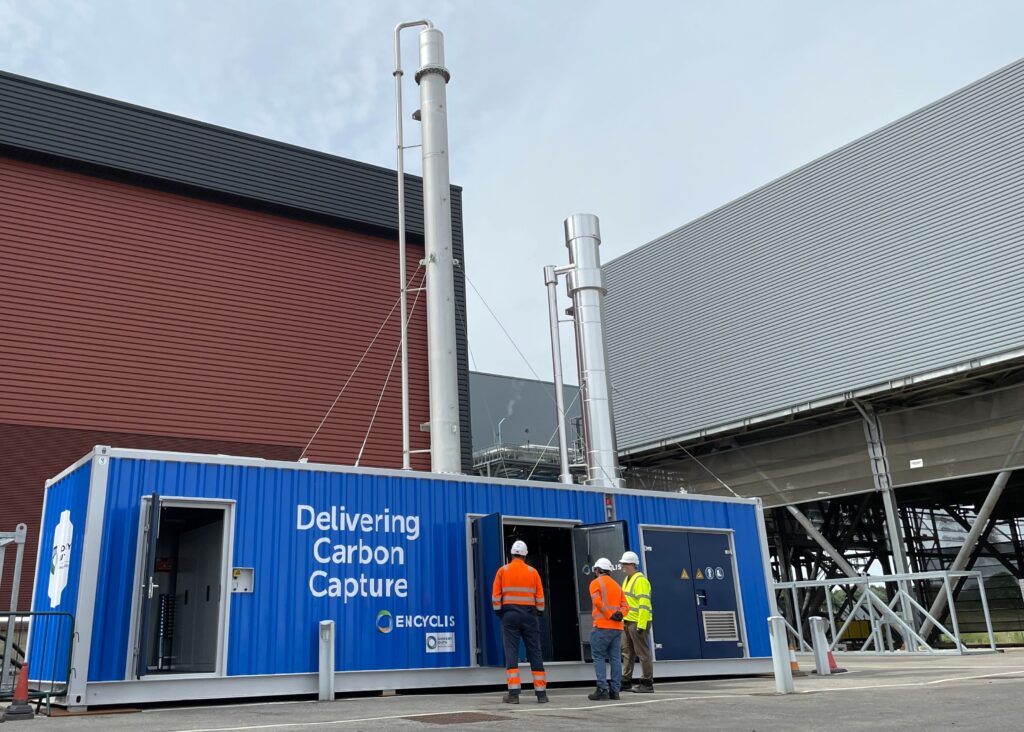‘The Reality Gap: UK residual waste treatment capacity – making sense of the arguments’, was published by the High Wycombe-based firm this morning to address questions over the future availability of EfW infrastructure in the UK.

Market forces will bring the availability of residual waste and treatment capacity into a ‘natural balance’ the report concludes.
Biffa, which is seeking to develop EfW plants including at Newhurst Quarry and Leeds, has weighed into the debate which has seen consultancy firm Eunomia claim that the UK is on course to overshoot its need for residual waste treatment capacity by as early as 2018.
Eunomia’s claim strongly contradicts assertions by the waste management industry that further investment in EfW infrastructure is needed for landfill diversion targets to be met.
Debate over the availability of domestic waste treatment capacity has coincided with a boom in exports of refuse derived fuels to the energy recovery facilities in Europe – a trend that is expected to continue into 2016.
RDF
Biffa is currently one of the largest individual exporters of RDF from the UK – with the company having exported a total of 136,000 tonnes of the material from England and Wales during the first six months of 2015.
According to Biffa, most analyses of the domestic residual waste market up to now have been presented as ‘straight mathematical gap analysis’ – assessing predicted waste arisings against future capacity projections.
However the report’s co-authors Jeff Rhodes and Mike Thair claim that these analyses mask ‘important market dynamics’ relating to the geographical spread of infrastructure and the reaction of investors to changes in the size of the market.
In the report, the authors note: “Unfortunately the theoretical overcapacity hypothesis is what appears to attract press headlines, which risks undermining market confidence further. This highlights the danger, in Biffa’s view, of the debate becoming obscured by hypothetical lines on charts and planning consents on paper, rather than concentrating on current under capacity, its geographical variation, how the picture will change and how best to address it, in reality.”

The report concludes that there is currently a substantial UK residual waste treatment capacity gap today in the order of 15Mtpa and this is likely to persist, reducing potentially to 4.4MTpa or up to 5.9Mtpa by 2025.
Shortfalls
Biffa’s research claims that ‘localised’ shortfalls in treatment capacity will persist in the long term, since areas with relatively low residual waste arisings will not attract investment for substantial new facilities.
The company adds that these geographical pockets mean that, as a whole, the UK will have a small but ‘persistent’ capacity gap. This, the company claims, does not imply a market failure, but rather market ‘equilibrium’ – and will represent the point at which the right amount of treatment capacity exists.
Investment
Biffa also claims that as the gap between treatment capacity and available feedstock narrows financial backers for new infrastructure projects will become ‘increasingly nervous’ until the point where the remaining market is ‘too scattered’ to provide an attractive investment.
Commenting on the findings, Mr Rhodes, Biffa’s head of environment and external affairs, said: “Biffa is interested in the reality of the world in which it operates and how market dynamics affect it. It is our view that some published reports to date have not really addressed this.
“At Biffa, we are not interested in political agenda and melodramatic headlines. Rather, we are taking a rational look at the future based on the company’s experience of more than 100 years operating within the UK waste management market.”







Subscribe for free